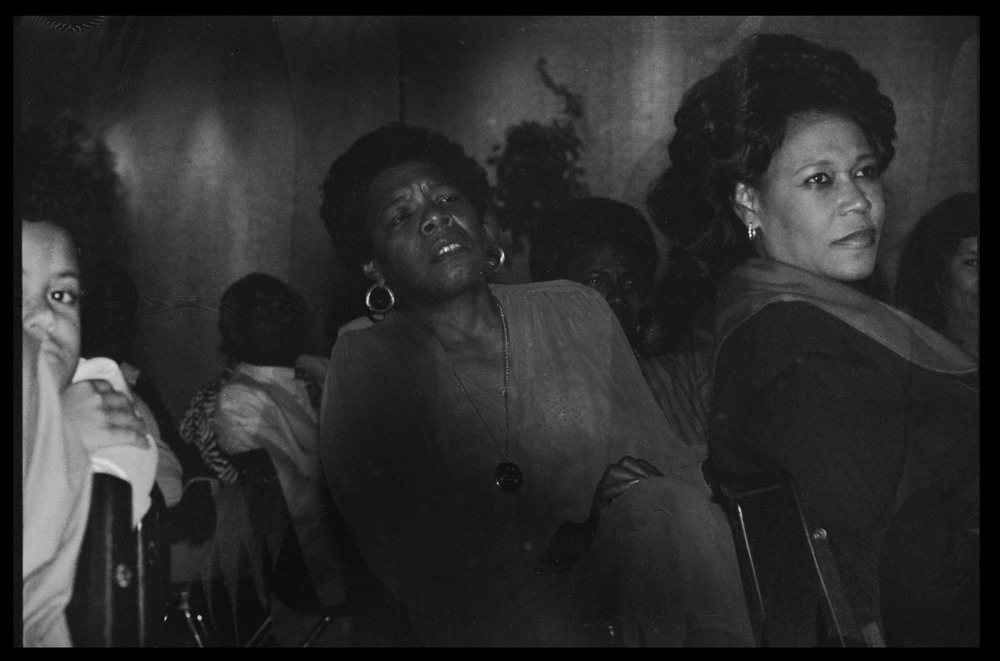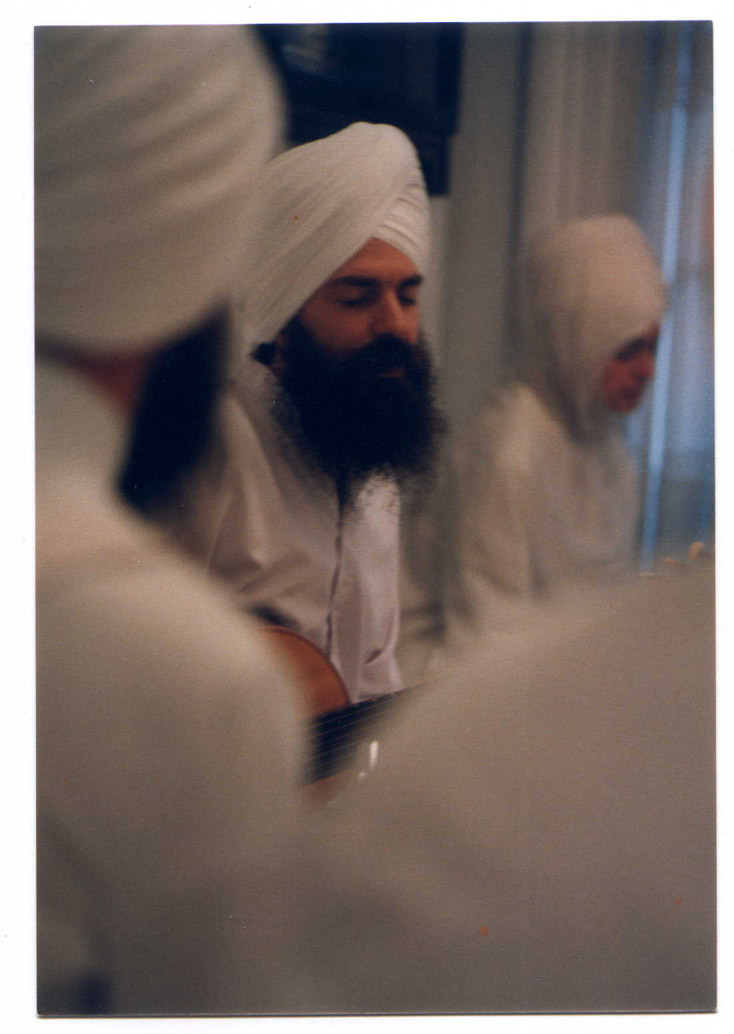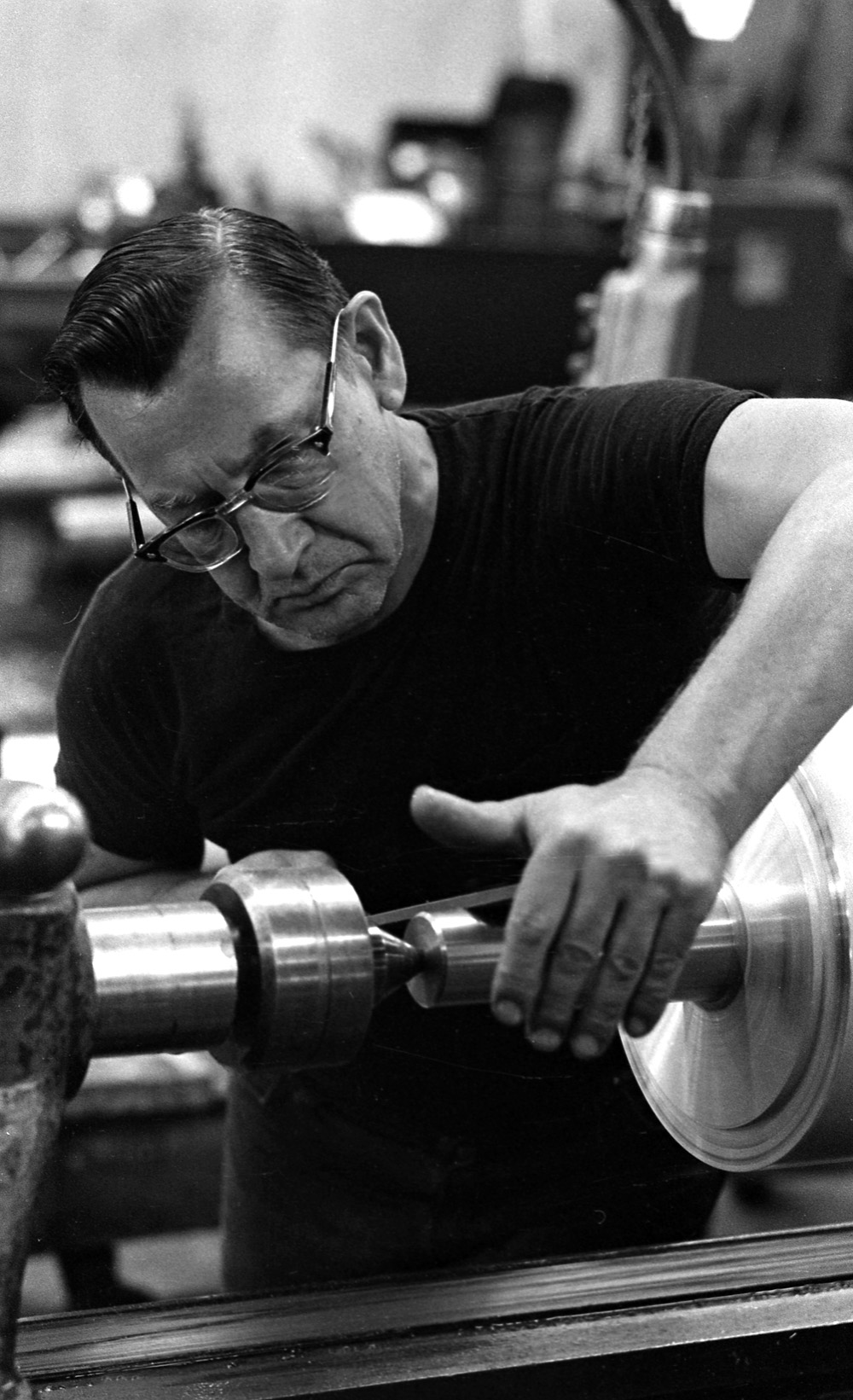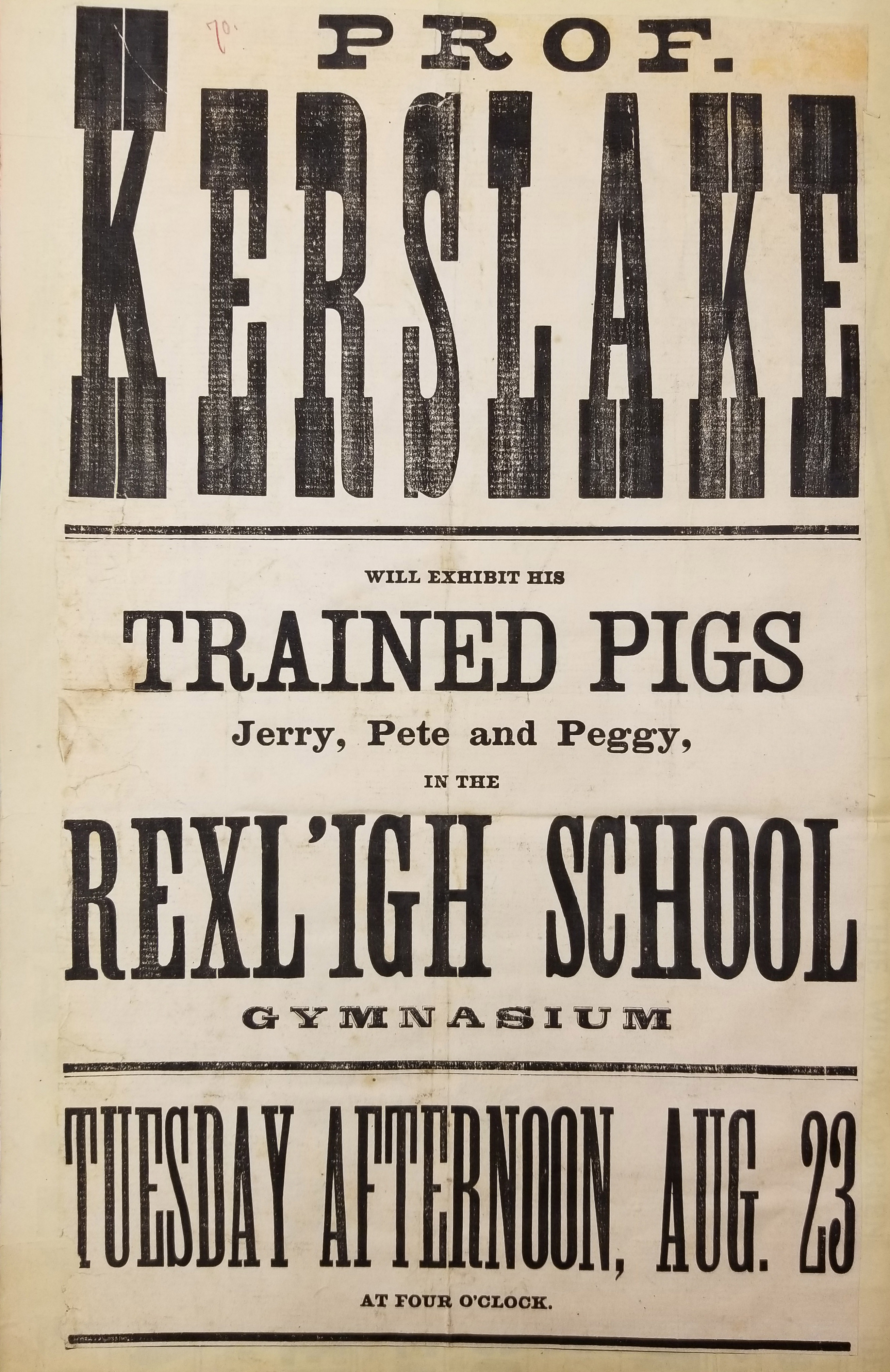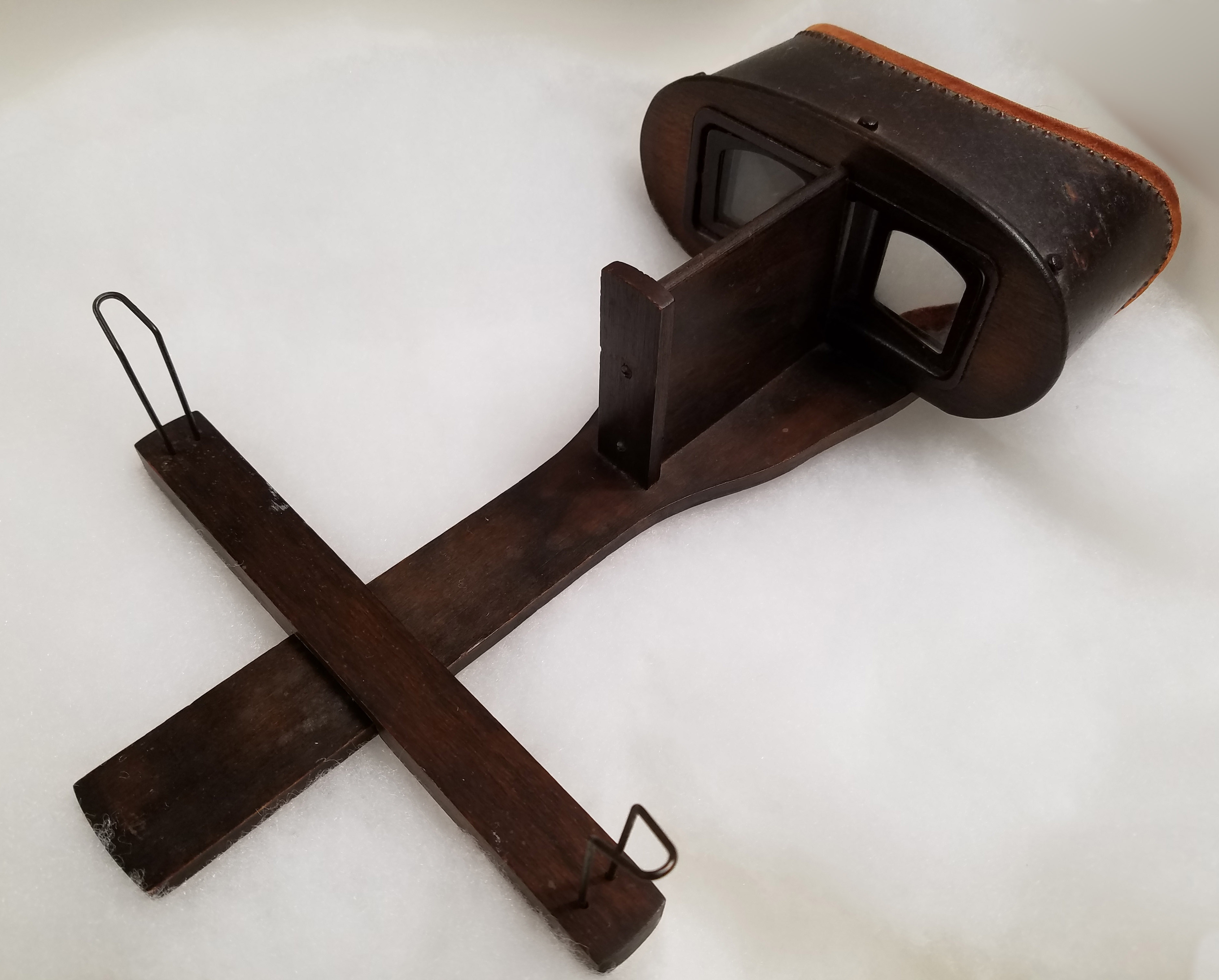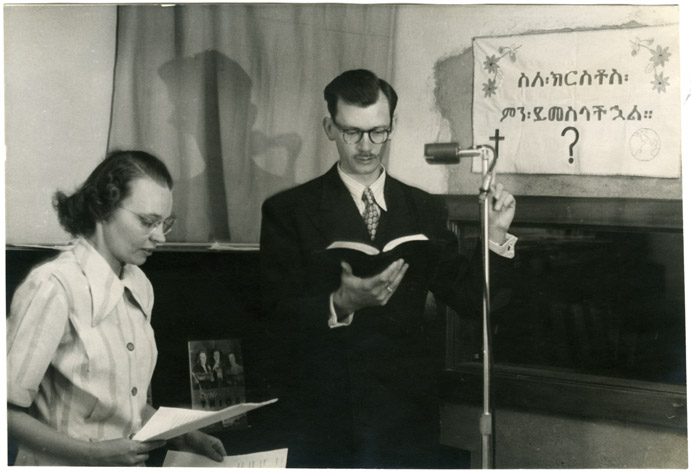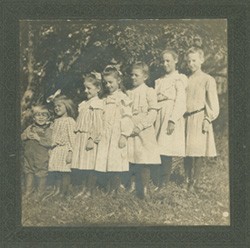International Center for the Disabled Records
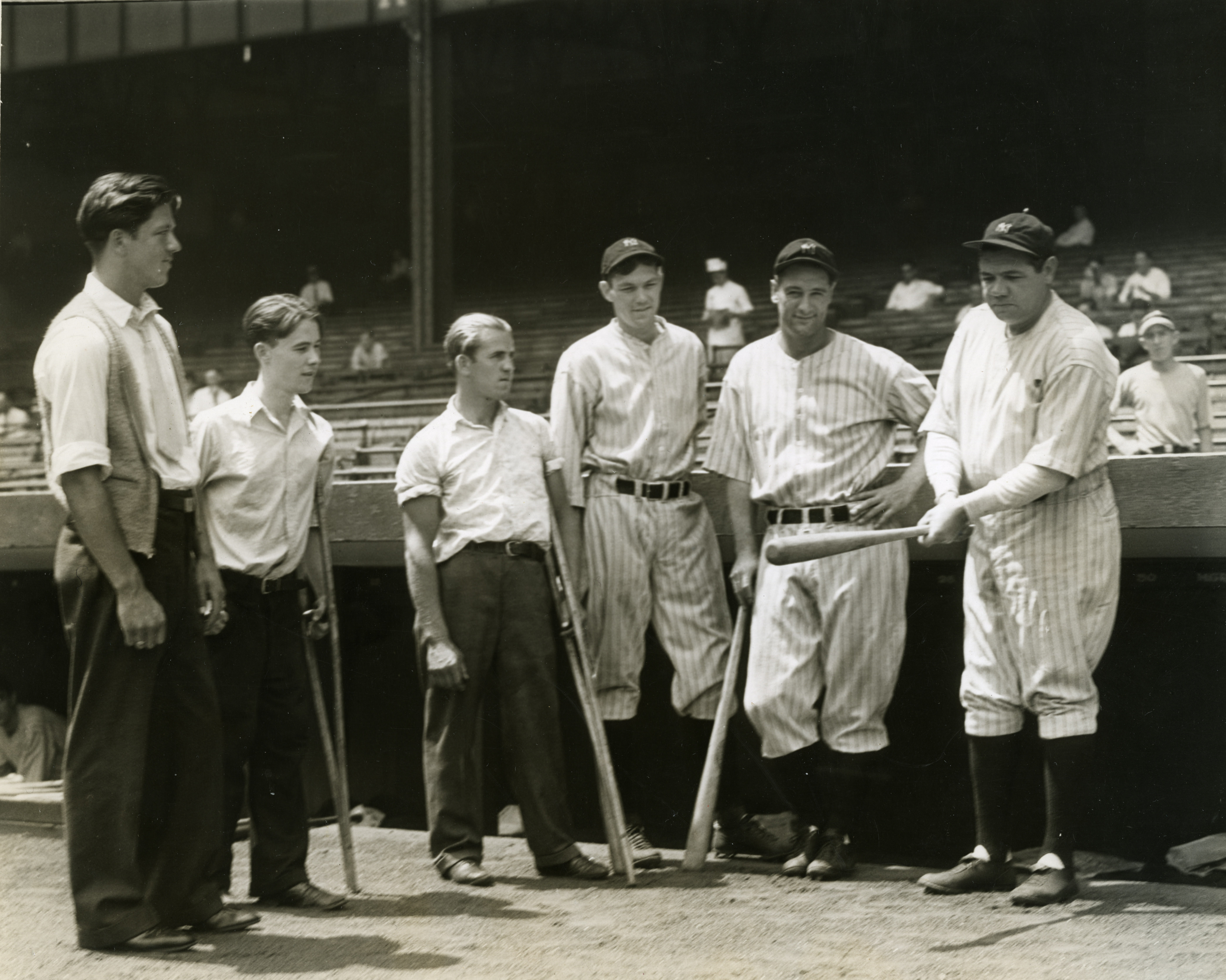
Founded in 1917, the International Center for the Disabled was the nation’s first outpatient rehabilitation center. With the support of benefactor Jeremiah Millbank, the ICD was dedicated to helping disabled veterans reintegrate into all aspects of American life. Over the years, it has assumed a leading role in development of the profession of physical medicine, training physicians and nurses for the Veterans Administration, creating rehabilitation programs for the Army and VA, manufacturing prosthetics, and providing vocational rehabilitation for disabled veterans and others. The ICD remains a leading international advocate for the needs of people with disabilities and was instrumental in passage of the Americans with Disabilities Act in 1990, remaining true to their mission of training people with barriers to employment as they enter the workforce.
The ICD collection includes a rich array of official minutes, correspondence, and publications documenting the development of rehabilitation services for persons with disabilities, and a remarkable record of the success of a philanthropic enterprise. Of particular note are are the large holdings of photographs documenting ICD’s work from its early days through the dawn of the 21st century.


